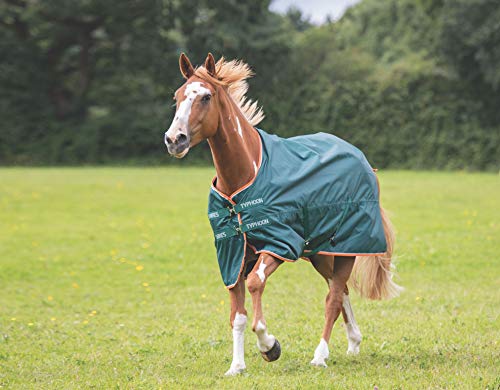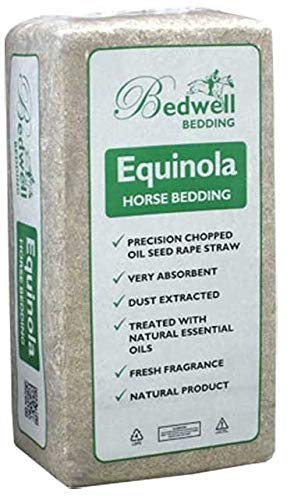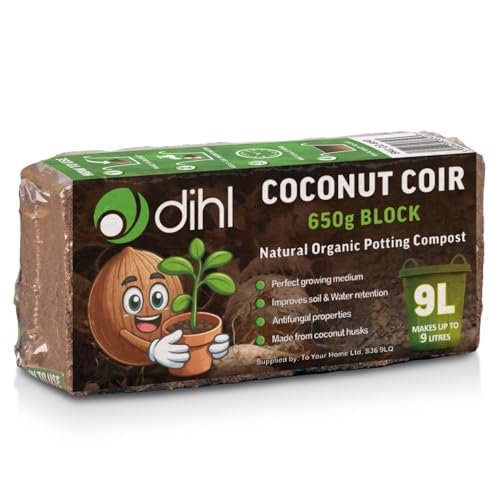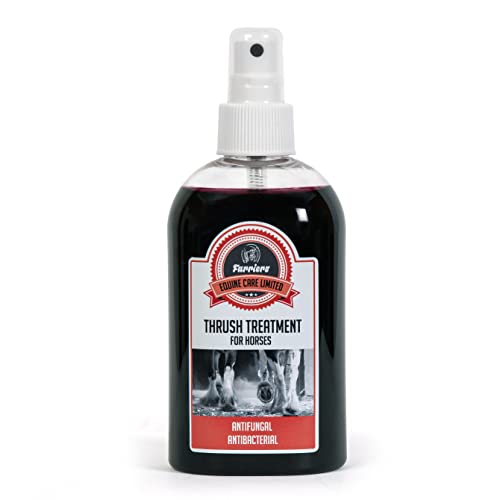Understanding Rabbit Nutrition: The Essentials of a Balanced Diet
Core Nutritional Needs for Rabbits
When we think about what our rabbits need for a healthy diet, it’s essential to understand that they are herbivores. Their diet should primarily consist of hay, which provides the necessary fibre for their digestive health. We recommend offering a variety of hay such as timothy, meadow, or orchard grass hay, as these encourage good gut motility and dental wear.
The Importance of Fibre and Fresh Water
Fibre plays a crucial role in maintaining our rabbit’s digestive system. These adorable pets need a high-fibre diet to ensure their intestines function correctly. Alongside hay, we should also make sure our rabbits have access to plenty of fresh water at all times. This will not only keep them hydrated but also assist with digestion and overall well-being.
Types of Rabbit Food: What Should We Feed Our Rabbits?
Commercial Rabbit Pellets: A Staple in Any Diet
While hay forms the base of a rabbit’s diet, high-quality rabbit pellets can supplement their nutrition. We suggest choosing pellets that are high in fibre (18% or more) and low in protein, ideally between 14% to 16%. Avoid any brand that includes seeds or dried fruits as they can lead to obesity and other health issues.
Adding Fresh Greens to the Menu
Fresh leafy greens enhance our rabbits’ diets by adding diversity and additional nutrients. Greens like romaine lettuce, cilantro, parsley, and dandelion greens are excellent choices. We should introduce new greens gradually to avoid digestive upset and always wash them thoroughly to remove pesticides.
The Benefits of Fresh Greens and Snacks: Enhancing Your Rabbit’s Diet
Nutritional Benefits of Fresh Vegetables
Integrating fresh vegetables into our rabbits’ diets boosts the intake of vitamins and minerals. We can offer small amounts of root vegetables like carrots or bell peppers as tasty snacks but remember these should only make up a small part of their overall diet.
Ensuring a Variety in Snacking
Fruit should be seen as an occasional treat rather than a staple. Fruits like apples, bananas, and berries are high in sugar, so we should limit these to a few times a week. Offer a small amount to ensure our rabbits are excited about their snacks without compromising their health.
Feeding Tips and Recommendations: How Much and How Often?
Creating a Feeding Schedule
Implementing a structured feeding routine is vital for our rabbits’ health. We recommend filling their food bowls with hay and pellets daily, while fresh greens should be given in the morning and evening. This approach mimics natural foraging behaviour and keeps them engaged.
Understanding Portion Sizes
For pellets, a typical guideline is around 1/4 cup of pellets for every 2 kg of body weight. However, hay should be unlimited as it is the cornerstone of their diet. When feeding greens, aim for about 1 cup of fresh veggies per 2 kg of body weight. Adjust these amounts slightly based on your rabbit’s activity level and overall health.
Choosing the Right Rabbit Food Brand: What to Look For
Identifying Quality Ingredients
When we shop for rabbit food, it’s important to check the ingredient list. Premium brands generally use timothy hay or grass hays as their primary ingredient. Avoid any products that list fillers or by-products high on the ingredient list.
Checking Nutritional Information and Expiry Dates
Always review the nutritional information on packaging. We should look for pellets with a minimum of 18% fibre and avoid those with added sugar or artificial ingredients. Furthermore, pay attention to the expiry date to ensure we are feeding our rabbits the freshest food possible.

































